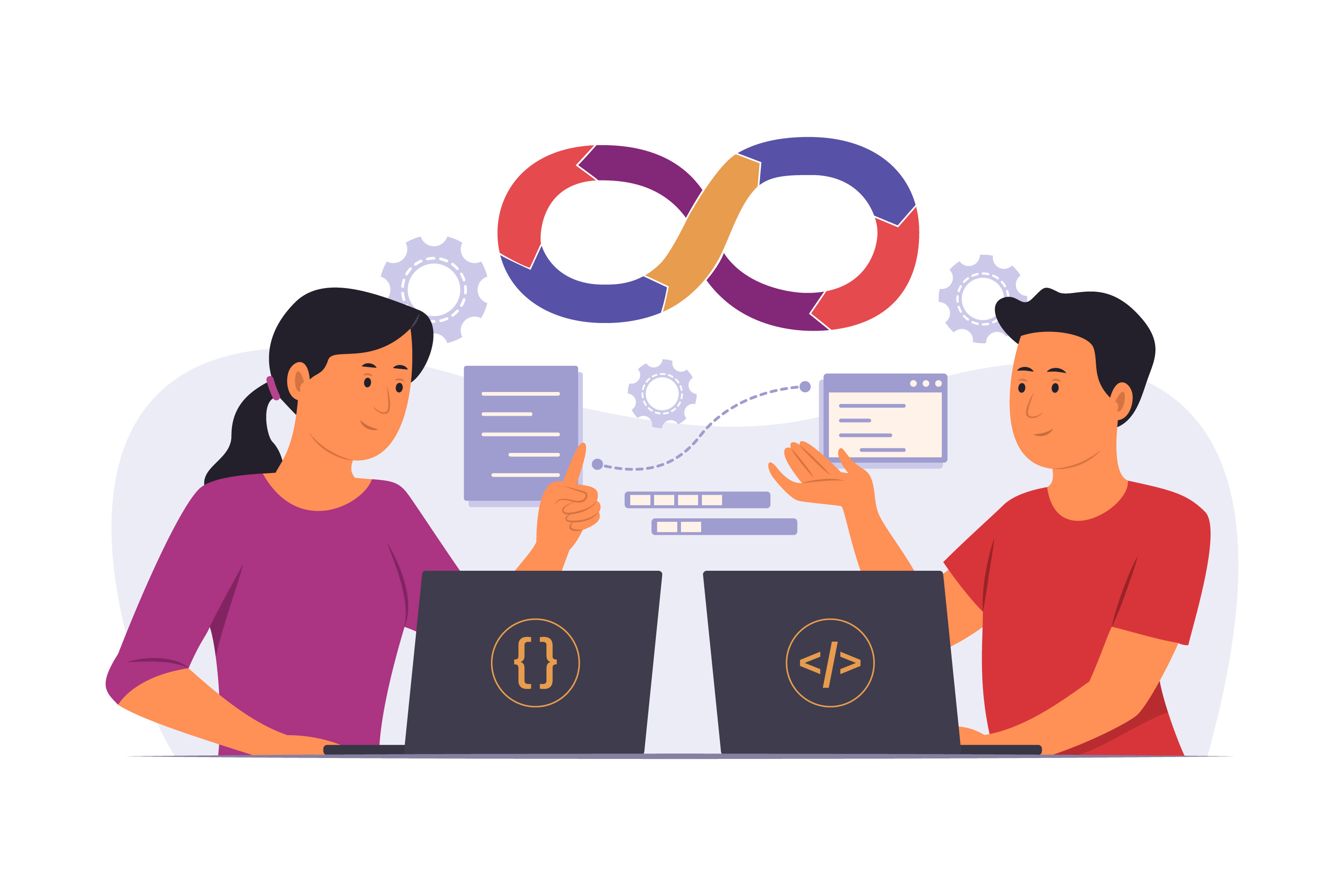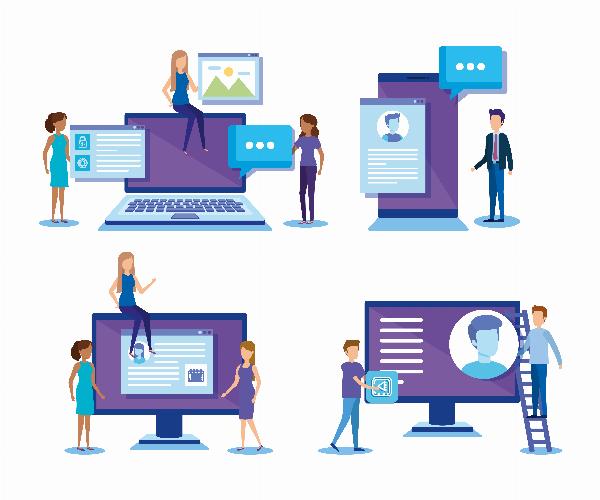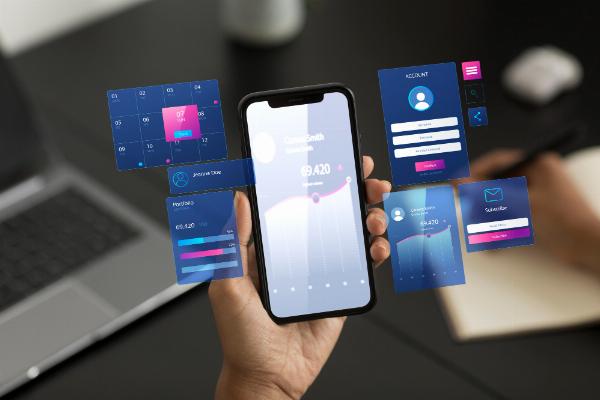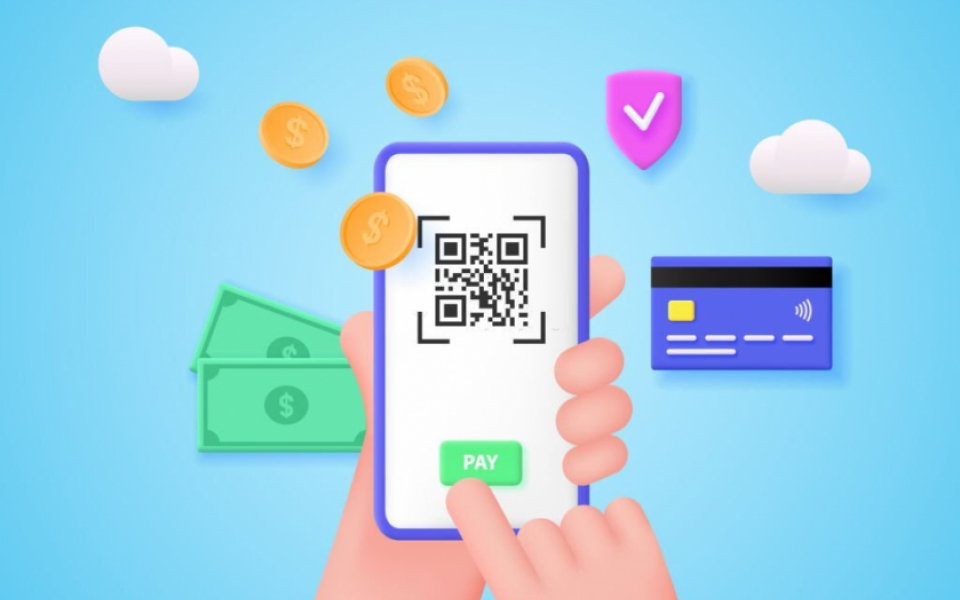Epic and AI: Personalizing Patient Care with Data-Driven Insights

In 2025, the fusion of Epic integration and AI in healthcare is reshaping how providers deliver personalized patient care. Epic, a leading electronic health record (EHR) system used by 70% of U.S. health networks in 2023, offers robust interoperability through FHIR APIs and platforms. When combined with artificial intelligence (AI), Epic’s ecosystem unlocks data-driven insights that tailor treatments, enhance outcomes, and streamline clinical workflows. But how exactly does this integration transform healthcare? Let’s explore how Epic and AI work together to deliver personalized care, backed by real-world applications and emerging trends.
The Power of Epic Integration in Healthcare
Epic’s dominance in the EHR market stems from its ability to integrate seamlessly with third-party systems, wearables, and analytics tools. Its FHIR-based APIs and tools like “Care Everywhere” enable real-time data sharing across providers, ensuring a comprehensive view of patient health. By 2024, Epic’s MyChart portal was used by over 200 million patients, offering access to medical records, telehealth, and care plans. This interoperability sets the stage for AI to analyze vast datasets, generating insights that drive personalized care.
How AI Enhances Epic’s Capabilities
AI in healthcare leverages machine learning, predictive analytics, and natural language processing (NLP) to process complex datasets and deliver actionable insights. When integrated with Epic, AI transforms raw EHR data into personalized care strategies. Here’s how:
1. Predictive Analytics for Proactive Care
AI tools integrated with Epic analyze historical and real-time patient data to predict health risks. For example, Epic’s Cognitive Computing Platform uses machine learning to identify patients at risk of conditions like sepsis or heart failure. By flagging high-risk patients in Hyperspace, clinicians can intervene early, tailoring treatment plans to individual needs. A 2023 study showed that AI-driven sepsis prediction models reduced mortality rates by 20% in Epic-integrated hospitals.
2. Personalized Treatment Plans
AI algorithms process patient data—such as lab results, vitals, and medical histories—within Epic to recommend tailored therapies. For instance, IBM Watson Health, integrated via Epic’s App Orchard, analyzes oncology data to suggest cancer treatments based on genetic profiles and clinical guidelines. This enables oncologists to craft precise, patient-specific care plans, improving outcomes and reducing trial-and-error.
3. Natural Language Processing for Efficient Workflows
AI-powered NLP tools, like those from Nuance integrated with Epic, transcribe and analyze clinical notes in real time. By extracting key details from unstructured data, these tools populate Epic’s EHR with structured information, reducing documentation time by up to 30%. Clinicians can focus on patient interactions, ensuring care plans reflect individual needs and preferences.
4. Chronic Disease Management
Epic’s integration with AI-driven remote monitoring tools, such as wearables for diabetes or hypertension, enables continuous tracking of patient health. Data from devices like glucometers syncs directly to Epic’s EHR, where AI analyzes trends and alerts clinicians to anomalies. For example, Medtronic’s integration with Epic allows real-time monitoring of insulin pump data, enabling personalized adjustments to diabetes management plans.
5. Patient Engagement via MyChart
AI enhances Epic’s MyChart by delivering personalized health nudges, such as medication reminders or lifestyle recommendations, based on patient data. Chatbots powered by AI, like those from Conversa Health, integrate with MyChart to provide tailored responses to patient queries, improving adherence and engagement. In 2024, MyChart-integrated AI chatbots increased patient portal usage by 25% in some health systems.
Real-World Impact of Epic and AI Integration
The synergy of Epic and AI is already transforming healthcare:
Cleveland Clinic: By integrating Epic with AI-driven analytics from Epic’s Cognitive Computing Platform, Cleveland Clinic reduced readmission rates for heart failure patients by 15% through predictive risk scoring and tailored interventions.
Stanford Health Care: Stanford uses Epic-integrated AI tools to personalize oncology treatments, leveraging genetic data to recommend targeted therapies, resulting in a 10% improvement in patient response rates.
WellSpan Health: WellSpan’s integration of Epic with AI-powered telehealth platforms streamlined virtual visits, reducing clinician documentation time by 20% and boosting patient satisfaction scores.
The global AI in healthcare market, projected to reach $45.2 billion by 2026, underscores the growing reliance on these integrations. Epic’s App Orchard, with over 600 apps in 2024, facilitates this by offering developers a platform to build AI-driven solutions tailored to healthcare needs.
Challenges to Overcome
Despite its potential, Epic and AI integration faces hurdles:
Data Privacy and Compliance: Integrating AI with Epic must comply with HIPAA and GDPR. Secure data handling and encryption are critical to protect patient information.
Interoperability with Non-Epic Systems: While Epic excels within its ecosystem, integrating AI tools with legacy or non-Epic systems can require costly middleware.
Implementation Costs: Deploying AI solutions with Epic demands significant investment in infrastructure, training, and maintenance, which may challenge smaller organizations.
Clinician Adoption: Resistance to new technology can slow adoption. Comprehensive training is essential to ensure clinicians leverage AI insights effectively.
Best Practices for Successful Integration
To maximize the benefits of Epic and AI integration, healthcare organizations should:
Leverage Epic’s App Orchard: Explore pre-vetted AI tools in App Orchard to ensure compatibility and compliance with Epic’s ecosystem.
Prioritize FHIR Standards: Use FHIR-based APIs to enable seamless data exchange between Epic and AI platforms, ensuring real-time insights.
Invest in Training: Train clinicians on AI tools to boost confidence and adoption, focusing on how insights enhance patient care.
Start Small: Pilot AI integrations in specific areas, like chronic care or telehealth, before scaling to broader applications.
Monitor Outcomes: Regularly assess AI-driven interventions’ impact on patient outcomes and clinician efficiency to justify investments.
The Future of Personalized Care with Epic and AI
As AI in healthcare evolves, Epic’s integration capabilities will continue to drive personalized medicine. Emerging trends include:
Generative AI for Clinical Support: Tools like AI-powered clinical decision support systems will provide real-time, patient-specific recommendations within Epic’s Hyperspace.
Expanded Wearable Integration: Deeper integration with wearables will enhance remote monitoring, enabling hyper-personalized care for chronic conditions.
Population Health Insights: AI will analyze Epic’s population health data to identify trends and tailor preventive care strategies for at-risk groups.
By 2030, the AI healthcare market is expected to exceed $100 billion, with Epic playing a central role in integrating these innovations. Healthcare organizations that embrace Epic and AI integration will lead the way in delivering patient-centered, data-driven care.
Conclusion
Epic integration with AI is revolutionizing personalized patient care by harnessing data-driven insights. From predictive analytics and tailored treatment plans to streamlined workflows and enhanced patient engagement, this synergy empowers clinicians and patients alike. While challenges like cost and interoperability persist, strategic implementation and Epic’s robust ecosystem—via App Orchard and FHIR APIs—offer a path forward. As healthcare continues to evolve, Epic and AI will remain at the forefront, transforming data into meaningful, personalized outcomes.
Note: IndiBlogHub features both user-submitted and editorial content. We do not verify third-party contributions. Read our Disclaimer and Privacy Policyfor details.







